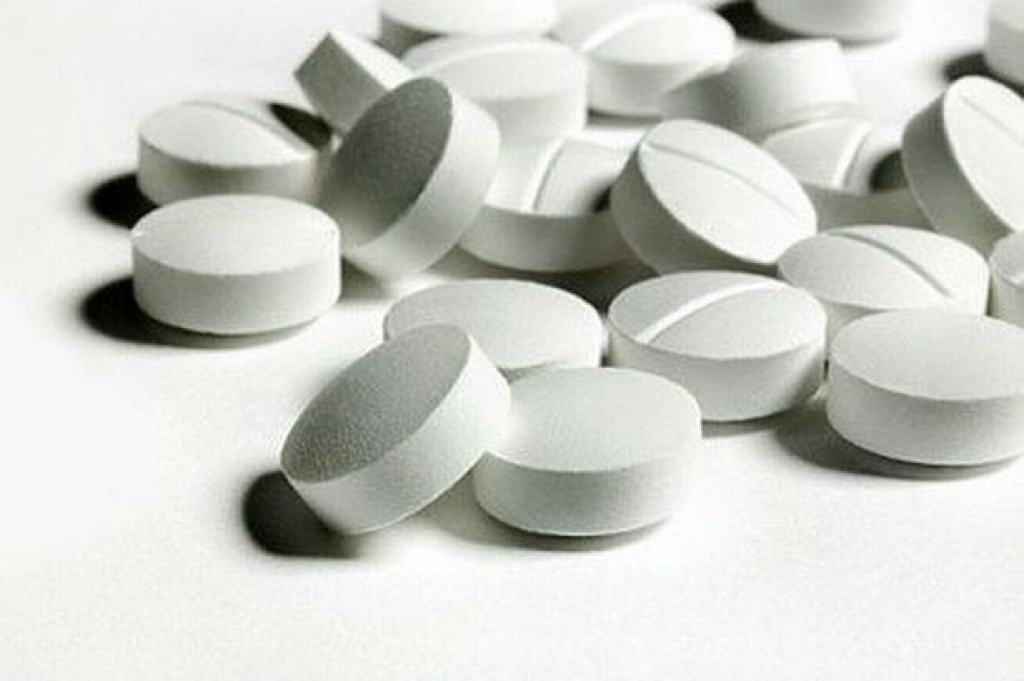Contents:
- Medical Video: Broken Heart Syndrome
- What is broken heart syndrome?
- Who can be affected by broken heart syndrome?
- The trigger factor for broken heart syndrome
- Emotional stress
- Physical stress
- The mechanism of the occurrence of broken heart syndrome
- Symptoms of broken heart syndrome
- Prevent and treat broken heart syndrome
Medical Video: Broken Heart Syndrome
We often find troubles in everyday life. Whether it's because of workload, finance, or the most often infecting young people is because of romance, breaking up. But, do you know that heartbreak really does exist? In the medical world, this disease that attacks the heart is called Broken Heart Syndrome.
What is broken heart syndrome?
Broken heart syndrome (BHS) aka broken heart syndrome or also called Tako-tsubo cardiomyopathy is one form of abnormality that occurs in the cardiovascular system (heart). At BHS there is a malfunctioning part of the heart, namely the ventricles, which is associated with insufficient blood flow through the coronary arteries (heart vessels that support the heart). This syndrome has many names that sound complicated, among them transient left ventricular apical ballooning syndrome or stress cardiomyopathy or ampulla cardiomyopathy or stunning myocardial neurogenic.
In 1986, at the Massachusetts General Hospital one case of heart failure was reported severe emotional stress. Starting in 2000, many publications on cases of broken heart syndrome from all over the world. In the end, in 2006, stress cardiomyopathy officially classified in groups acquired cardiomyopathies, aka cardiomyopathy (not inherited). This proves that there are many factors besides coronary heart disease that can cause heart attacks, one of which is a psychological problem. A history of severe emotional stress is also a differentiator of BHS with coronary heart disease.
Who can be affected by broken heart syndrome?
Broken heart syndrome classified as psychosomatic disorders that are specific to the cardiovascular system. BHS is found in 86-100% of women aged around 63-67 years. Most cases of BHS are experienced by women after menopause. However, BHS can attack all ages without exception, if there is a history of severe emotional stress and insufficient therapy.
In the United States, BHS is experienced by 4.78% of patients with clinical features of STEMI or unstable angina, a picture that resembles coronary heart disease. In Indonesia alone, the number of BHS cases is unknown and only limited to case reports.
The trigger factor for broken heart syndrome
BHS is not caused by blockages in the heart arteries. Stressors are the only trigger factor broken heart syndrome and grouped into stress emotional and physical stress. At least one type of stress is detected in 98% of patients.
Emotional stress
- Accidents, deaths, injuries / injuries, or serious illness that afflicts family members, friends, or pets;
- Natural disasters such as trauma after an earthquake, tsunami, landslide
- Financial crisis to bankrupt
- Involved in a legal case
- Move to a new residence
- Public speaking (public speaking)
- Receive bad news (diagnosis of major disease after medical check-up, divorce, family conflict
- Excessive pressure or workload
Physical stress
- Suicide attempt
- Abuse of illegal drugs such as heroin and cocaine
- Procedures or surgeries other than the heart, such as: cholecystectomy, hysterectomy
- Having severe and chronic illness that does not go away
- Severe pain, for example due to fractures, kidney colic, pneumothorax, pulmonary embolism
- Hyperthyroidism → thyrotoxicosis
The mechanism of the occurrence of broken heart syndrome
- Severe stress can trigger the release of catecholamine hormones into blood vessels in large quantities. This hormone is toxic in the heart muscle, causing failure of contraction of the heart muscle.
- Menopause. The estrogen hormone is cardio-protective. At menopause there is a decrease in the levels of estrogen in the blood vessels which causes a decrease in cardiac adrenoceptor function. This results in a decrease in activation of the heart muscle. Therefore, most cases are experienced by women who are in the middle of menopause.
- Excessive sympathetic stimulation and anatomical abnormalities of the coronary arteries cause blood flow to decrease / disappear momentarily.
Symptoms of broken heart syndrome
- Happen quickly shortly after experiencing severe stress.
- Chest pain such as pressure from large objects
- Short breath and sudden shortness of breath
- Arm / back pain
- The throat felt suffocated
- Irregular pulse and heart palpitations (palpitations)
- Suddenly fainted (syncope)
- Some cases can experience cardiogenic shock (a condition in which the heart cannot pump blood according to the body's needs so that it impacts death)
Prevent and treat broken heart syndrome
The main prevention is stress management. A person who is experiencing problems needs to behave and think broadly and comprehensively. Always wise and looking at issues from various perspectives and approaches. A balanced lifestyle needs to be done, especially diet, physical activity, and patterns of thinking and behaving.
BHS can recover without leaving a permanent disability in the ventricles of the heart, in contrast to coronary heart disease which leaves residues in the structure of the heart. However, in some cases it can cause a fatal condition or death if the patient who is attacked by BHS does not get immediate help. Doctors usually provide supportive treatment.
READ ALSO:
- Alert Symptoms of Sudden Heart Attack
- First Aid For Heart Attack
- Ways to Predict Heart Attack in Women












